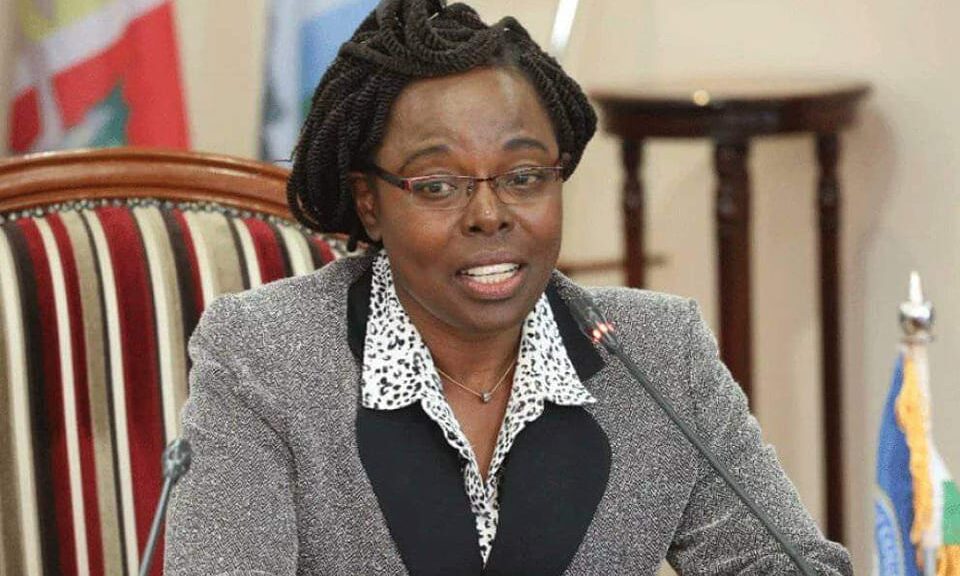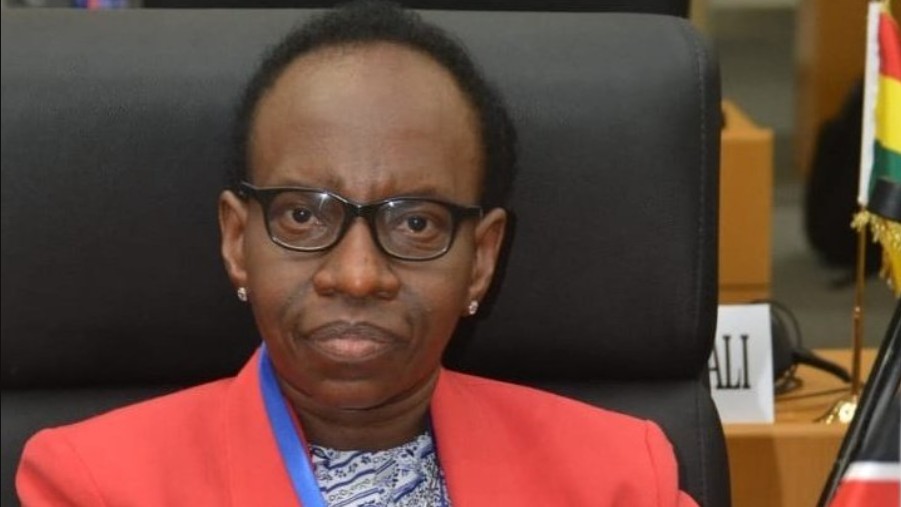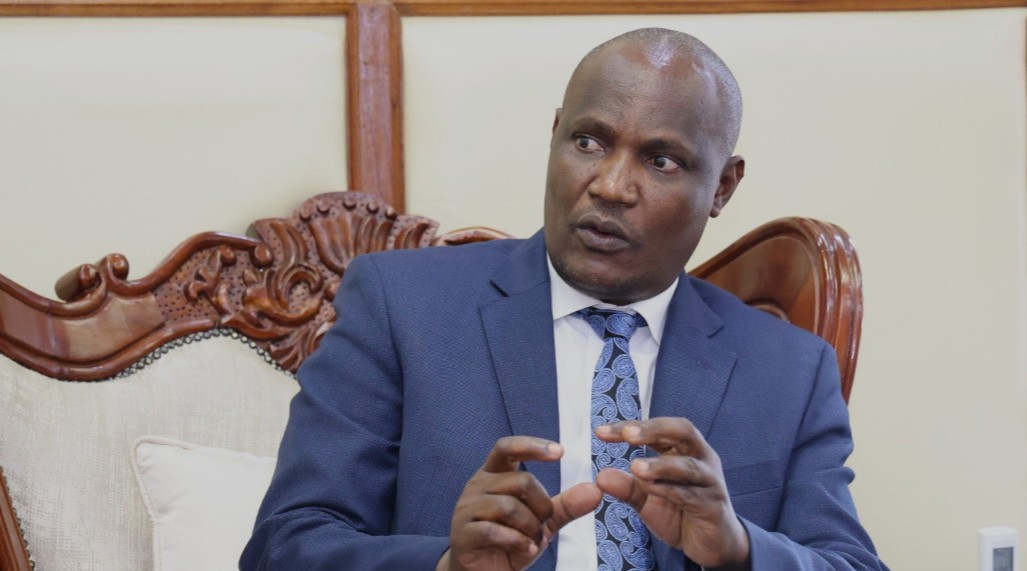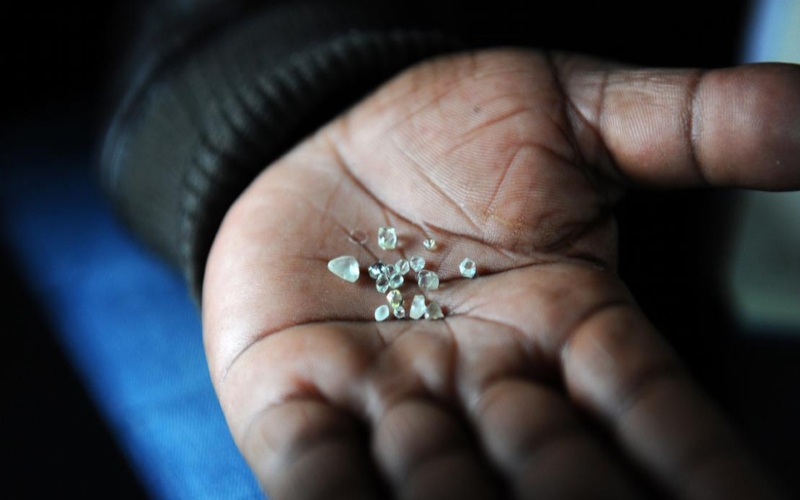Kenya urged to amend age of consent laws to boost contraceptives access for adolescents

Allan Maleche, Executive Director of the Kenya Legal and Ethical Issues Network and one of the event’s organisers, challenged the reliance on age alone as the sole criterion for access.
Health experts are calling for urgent reforms to Kenya’s age of consent laws, saying current restrictions are blocking adolescents from accessing essential contraceptive services.
Beverline Anyango Polet, a reproductive health nurse and board member of the Reproductive Health Network, said healthcare workers face a legal dilemma when adolescents seek family planning services.
More To Read
- Barriers to care: How systemic failures endanger teenage mothers in Kenya
- Birth control in Africa: Study tracks the use of long-acting contraception in 26 countries
- WHO Africa summit urges investment to end maternal mortality
- Reprieve for women struggling with infertility as committee backs reproductive technology Bill
- Kenya to receive Sh10 billion for maternal and newborn care
- Health lobby urges media to promote positive reporting on reproductive health
“There is a clear conflict. We are told parental consent is mandatory for anyone under 18, yet legally, only individuals aged 18 and above can give valid consent themselves. So what about a 15-year-old who’s sexually active and at risk? Are we meant to simply deny them the services they need?”
The call was made during the 8th Pan-African Adolescent and Youth Sexual and Reproductive Health and Rights (SRHR) Scientific Conference held in Mombasa.
The conference drew participants from across Africa, including young people, civil society organisations, healthcare providers, legal experts, and policymakers, all committed to improving adolescent and youth sexual and reproductive health outcomes on the continent.
Polet highlighted the difficult position many health providers are in between adhering to the law and safeguarding the well-being of their young clients.
Negative attitudes
She also drew attention to the stigma teenage girls often face when they attempt to access contraceptives, describing how negative attitudes within health facilities discourage many from returning for help.
“Teen pregnancies remain high, and many of these cases end in unsafe abortions. Unless these legal and social obstacles are addressed, we are going to continue seeing poor reproductive health outcomes among adolescents,” she said.
Polet further urged members of the legal fraternity to shield health workers who offer contraception to adolescents in good faith, noting that such decisions are guided by training and professional responsibility.
Allan Maleche, Executive Director of the Kenya Legal and Ethical Issues Network (KELIN) and one of the event’s organisers, challenged the reliance on age alone as the sole criterion for access.
“We need to look at the broader context. Is the adolescent sexually active? Are they exposed to sexual abuse? Do they have sufficient information to make informed decisions about their health?”
Maleche stressed that government action is needed at both national and county levels to ensure proper funding and availability of reproductive health services, especially at a time when foreign donor contributions are declining.
He also called for stronger judicial systems to ensure that survivors of sexual violence and exploitation receive justice without delay.
“It is no longer enough to just promote abstinence. We have to create an enabling environment where young people can protect themselves through access to information, services, and supportive laws,” he stated.
Other Topics To Read
- Health
- Reproductive health
- Health experts
- age of consent
- contraceptives
- adolescents
- Reproductive Health Network
- Beverline Anyango Polet
- Teen pregnanciesTeen pregnancies
- Kenya Legal and Ethical Issues Network
- Kenya urged to amend age of consent laws to boost contraceptives access for adolescents
- Headlines
Both Polet and Maleche underlined the need for youth participation in policy formulation, insisting that young people must be directly involved in discussions that affect their health and rights.
Top Stories Today











































